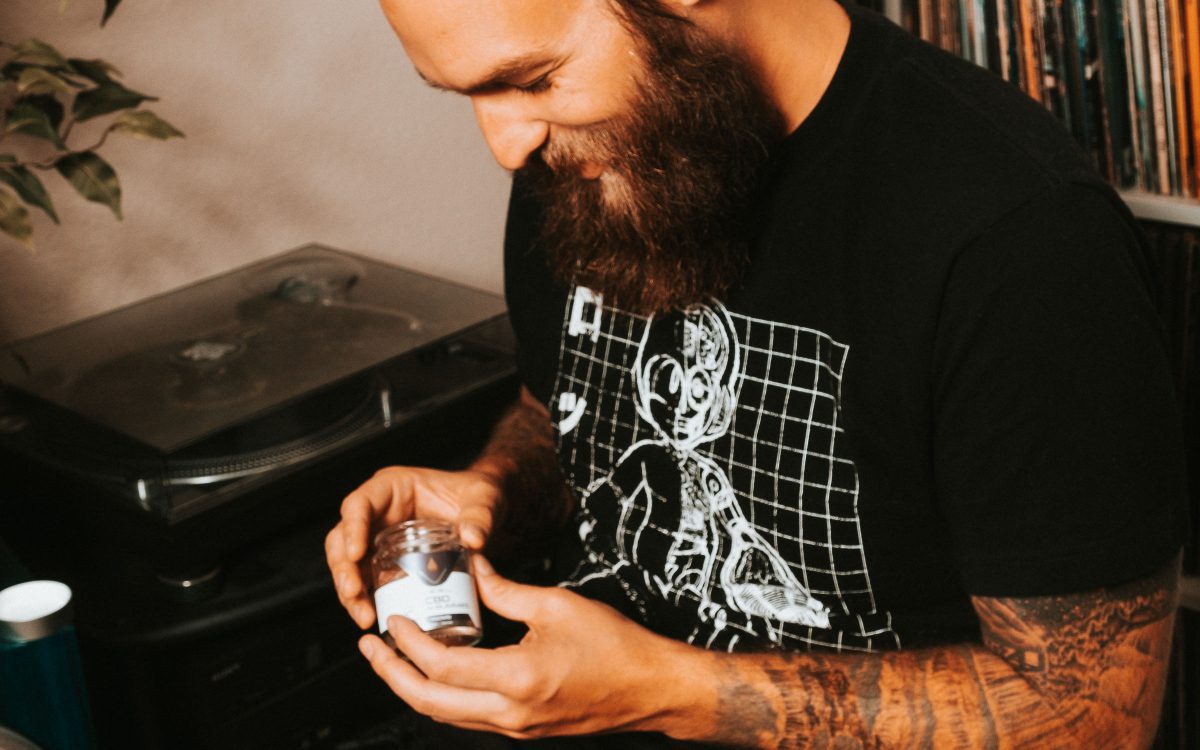To all Veterans and for those who are actively serving, Happy Veterans’ Day!
We know how much they sacrifice to defend the nation but what many of us don’t think is all the struggles veterans face back to civilian life. While most of the veterans do just fine, the fact is that 44% of them have difficulties getting back to the workforce, not following orders and making decisions, and readjusting to family schedules and roles. Common life routines that we’re all used to but are not granted for our veterans. And that doesn’t come alone, one of the most common health problems among veterans is PTSD. A holistic approach with natural techniques and supplements like CBD may help.
Risking their lives for the common good in wars and tough terrains bring physical and mental trauma. It sounds scary, right? Learning more about it can make us, as a community, more welcome, understanding, and supportive to all military members.
What is PTSD?
PTSD or Post-Traumatic Stress Disorder is a psychiatric condition that may occur in people who experienced or witnessed traumatic events like wars, sexual abuse, accidents, domestic violence, among others.
Long before PTSD has been recognized as a condition, there were many accounts of it throughout history.
2100 B.C. – Records found in the Epic of Gilgamesh had the protagonist experience recurring nightmares over his best friend’s death.
440 B.C. – Heroditus described a soldier was suddenly stricken by blindness caused by fear after seeing his fellow soldier die in combat
Circa 500 B.C. – An Indian Oem Ramayana recounts a demon Marrich experiencing hyper-arousal, avoidance behavior
1600 – The term nostalgia was coined when Swiss soldiers experience homesickness and anxiety
1860 – Nostalgia was the most common medical diagnosis for soldiers throughout the Civil War
1900 – In World War 1, this condition was termed as Shell Shock
1980 – it was officially called post-traumatic stress disorder
The holistic approach to treat PTSD
Holistic medicine treats the ‘’whole person’’ rather than focusing too narrowly on single symptoms. It emphasizes the connections between mind and body finding the root of the symptoms. There are some alternatives to conventional medicines that you can try to help with PTSD.
Acupuncture
This practice involves the insertion of thin needles into different points on the body. It helps balance the flow of energy and stimulate nerves, muscles, and connective tissues. In a clinical study with 60 veterans suffering PTSD, researchers found that acupuncture improved their sleep reducing anxiety and unwanted thoughts.
Meditation
Meditation is well known to help not lonely with mental health disorders but also to help to follow a healthy lifestyle. It’s a series of techniques involving active and controlled breathing exercises that promote mindfulness. It also increases concentration, clarity, and positivity. A study of PTSD patients indicated that participants who practiced meditation experienced a decrease in depression and other PTSD symptoms.
CBD and other cannabinoids
Cannabinoids have unique properties and connections to our Endocannabinoid System (ECS) that may help to reduce many PTSD symptoms. CBD targets chemical responses that produce stress, anxiety, depression, among other symptoms. Cannabinoids also have the potential of promoting natural sleep hormones production, regulating stress hormones, and blocking reconsolidation memory. A 2019 study, showed that oral CBD daily was associated with a reduction in anxiety symptoms and sleep disturbances.
Holistic health is a state of balance, not only the absence of illness. This approach has been practiced for thousands of years and it has its roots in Traditional Chinese Medicine and Ayurveda. All these natural alternatives are worth trying, finding the interconnections in your body may be very helpful to not only treat PTSD but also to have a healthier lifestyle.
All information contained in this article is for informational and educational purposes only and is not intended as medical advice. Always consult a physician or a qualified healthcare provider for any questions regarding your health and well-being.
